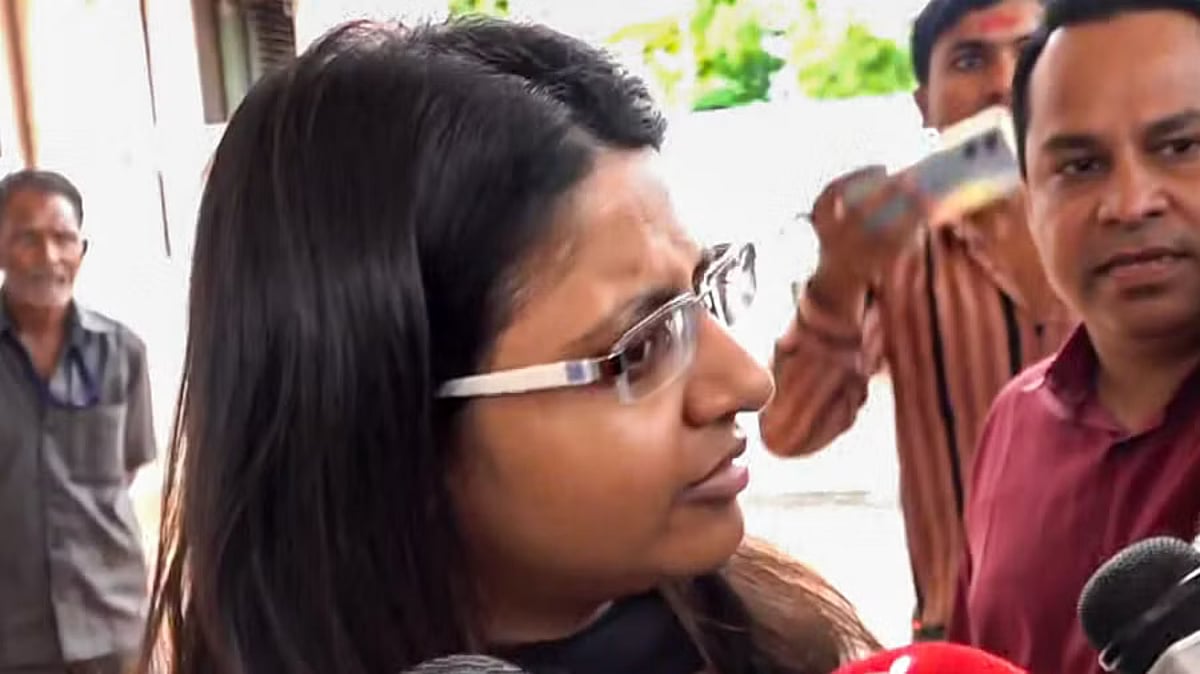Anticipatory bail denied in a high-profile case involving Puja Khedkar has caught the nation’s attention. Khedkar, a former probationary IAS officer, is accused of “misrepresenting and falsifying facts” in her Union Public Service Commission (UPSC) application. The Delhi High Court rejected her plea for anticipatory bail and also vacated the interim protection granted to her from arrest. The court remarked that the steps taken by Khedkar were part of a larger conspiracy to manipulate the UPSC system, raising significant concerns about integrity in one of India’s most prestigious exams.
The Allegations Against Puja Khedkar
The charges against Puja Khedkar stem from accusations that she falsified crucial information on her UPSC application, misleading the commission and authorities during her selection process. It is alleged that Khedkar presented fabricated documents to secure her position in the IAS cadre, tarnishing the sanctity of the civil services examination, which millions of aspirants prepare for each year. The investigation, led by authorities and supported by documentary evidence, has so far revealed discrepancies in her submitted information, including qualifications and prior employment records.
Khedkar is also accused of tampering with her examination details to claim undue benefits in the competitive process. The accusations have not only brought her credentials into question but have also led to broader scrutiny of the UPSC examination system, which has often been upheld as a symbol of meritocracy in India.

Court’s Rationale for Denying Anticipatory Bail
The Delhi High Court, in its judgment, highlighted the gravity of the accusations and their potential implications for the sanctity of public services. The court observed that anticipatory bail is a discretionary relief and cannot be granted to shield individuals from answering for criminal actions of such a magnitude. It further noted that the actions allegedly undertaken by Khedkar reflect a deliberate and premeditated effort to manipulate the system for personal gain.
The court’s ruling also emphasized that granting bail could impede the ongoing investigation, as there are concerns about tampering with evidence and influencing witnesses. Khedkar’s defense team argued that she is being unfairly targeted and denied a fair chance to prove her innocence. However, the court rejected this plea, stating that her cooperation in the investigation is essential to uncover the broader conspiracy.
Systemic Issues in the UPSC Selection Process
The case involving Puja Khedkar has reignited debates over the vulnerabilities within the UPSC examination process. While the commission is widely regarded as one of the most transparent and rigorous systems, instances of cheating, impersonation, and document forgery have occasionally surfaced. These incidents raise questions about the measures in place to verify candidates’ credentials and the extent to which the current system can be manipulated.
Experts suggest that the UPSC needs to adopt more stringent measures to prevent such cases in the future. These measures could include advanced verification mechanisms, increased reliance on digital documentation, and periodic audits of selected candidates’ profiles. Additionally, there have been calls for harsher penalties for individuals found guilty of malpractices to deter others from attempting similar frauds.

Public and Political Reactions
The denial of anticipatory bail to Puja Khedkar has sparked significant public and political discourse. Civil services aspirants and activists have lauded the court’s decision, emphasizing the importance of maintaining the integrity of the UPSC examination. Social media platforms have been abuzz with reactions, with many users expressing anger over how Khedkar’s alleged actions undermine the years of hard work and dedication required to clear the exam.
On the political front, opposition parties have seized the opportunity to criticize systemic loopholes in the UPSC process. They have called for an independent inquiry into similar cases to ensure that no undeserving candidates enter public service through fraudulent means. Meanwhile, government officials have reiterated their commitment to upholding the fairness and transparency of the selection process.
Similar Cases in the Past
This is not the first time that controversies surrounding the UPSC examination have come to light. In previous years, several instances of cheating and impersonation have rocked the commission. For example, a 2018 case involved a candidate using a proxy to appear for the interview stage, while another case in 2016 uncovered a forgery ring producing fake documents for aspirants.
These cases underline the need for continuous reforms to protect the sanctity of the UPSC examination. They also serve as a reminder that a small number of malpractices can undermine the hard-earned credibility of the system, affecting millions of genuine candidates.
Implications for Civil Services
The allegations against Puja Khedkar, if proven true, could have far-reaching implications for the civil services. Public servants hold a position of trust, and their integrity is paramount to the effective functioning of government machinery. Cases like these erode public confidence in the recruitment process and the individuals tasked with implementing public policy.
Moreover, such incidents risk demoralizing genuine aspirants who dedicate years to preparing for the UPSC examination. It is crucial for authorities to not only take stringent action against offenders but also reassure aspirants that merit will remain the sole criterion for selection.
Moving Forward
The case against Puja Khedkar is a stark reminder of the importance of vigilance and integrity in public service examinations. It underscores the need for systemic reforms to address vulnerabilities and ensure that the selection process remains robust and transparent. Authorities must take this opportunity to strengthen safeguards and demonstrate zero tolerance for malpractices.
As the legal proceedings against Khedkar continue, the spotlight remains on the UPSC and its ability to uphold its reputation as one of the world’s most respected recruitment bodies. The outcome of this case will likely set a precedent for how similar cases are handled in the future, reinforcing the principle that merit and honesty are non-negotiable in public service.

